Welcome to a weekly series here on Pew Pew Tactical dedicated to the gun news you need to know.
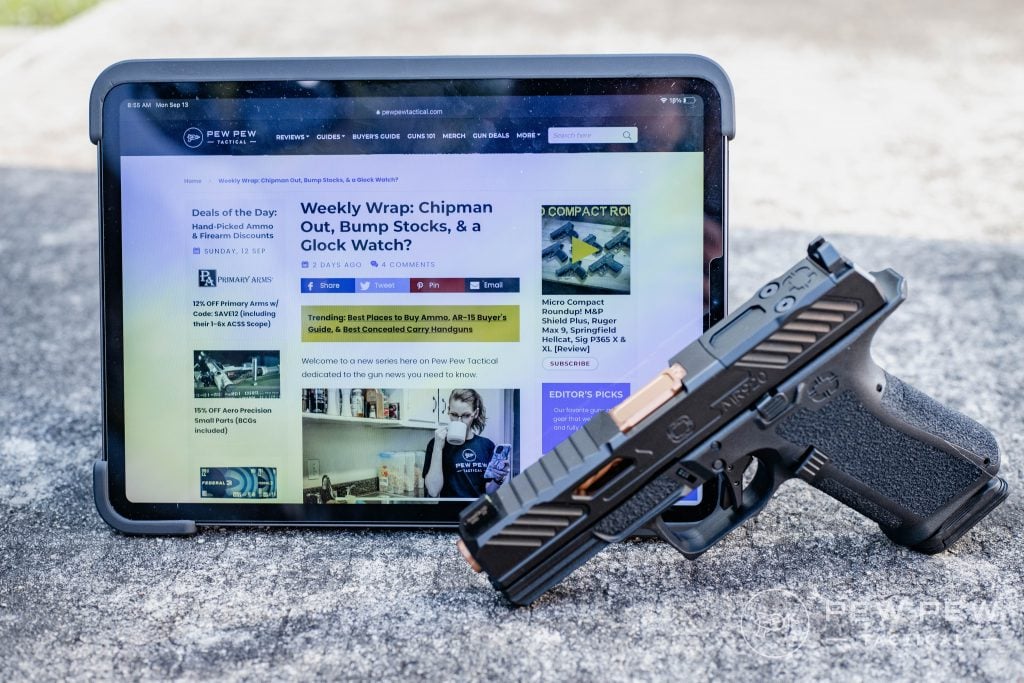
So, keep reading for this week’s notable news headlines…
Table of Contents
Loading…
Supreme Court Allows Ghost Gun Ruling to Take Effect
The Biden Administration’s new rule on “ghost guns” can take effect while the case awaits review, the U.S. Supreme Court announced this week.
Pro-gun rights group Firearms Policy Coalition asked the high court to temporarily block enforcement while the case winds through the court system. But Supreme Court justices refused, backing the ATF and allowing the rule to go into effect.

Chief Justice John Roberts and Justice Amy Coney Barrett were among two more conservatively leaning justices who agreed to allow the rule to take effect.
The case, VanDerStok v. Garland, will continue its journey in the Fifth Circuit, with oral arguments scheduled for Sept. 7. FPCAF’s General Counsel and Vice President of Legal, Cody J. Wisniewski, said the organization is disappointed in the decision.

“We’re deeply disappointed that the Court pressed pause on our defeat of ATF’s rule effectively redefining ‘firearm’ and ‘frame or receiver’ under federal law,” Wisniewski said in a statement.
“Regardless of today’s decision, we’re still confident that we will yet again defeat ATF and its unlawful rule at the Fifth Circuit when that Court has the opportunity to review the full merits of our case.”
You can read more about the ATF’s “ghost gun” ruling in our guide to the whole situation.
Federal Judge Blocks Law Raising Gun Buying Age Limit
A federal judge has temporarily blocked a new law proposed by Colorado that attempted to raise the minimum age to purchase a firearm from 18 to 21.
The temporary halt stopped a Senate bill passed by the Democrat-led General Assembly and signed into law by Colorado Governor Jared Polis (D).
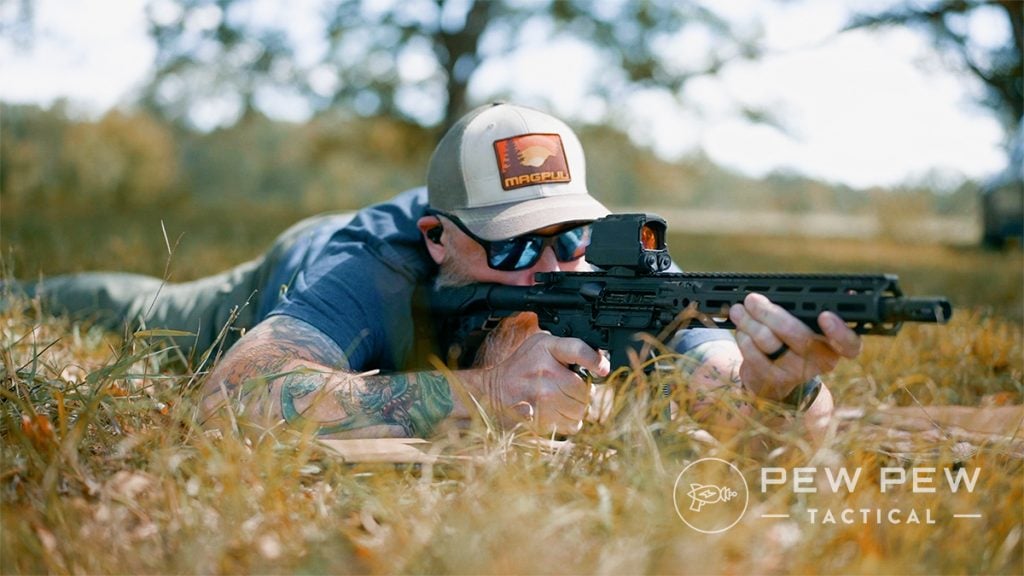
The 44-page order prevents the state from enforcing the 21-year age limit until the court decides on a resolution in a lawsuit brought against Polis by the Rocky Mountain Gun Owners group.
In his decision, Chief U.S. District Judge Phillip Brimmer used the Supreme Court’s Bruen decision as the basis for his decision.
“Under Bruen, the government must then ‘justify its regulation by demonstrating that it is consistent with the Nation’s historical tradition of firearm regulation,’” Brimmer said. “For purposes of this case, the Governor has the burden of establishing that SB23-169 is ‘consistent with the Nation’s historical tradition of firearm regulation’ such that the Individual Plaintiffs’ conduct ‘falls outside the Second Amendment’s ‘unqualified command.’”
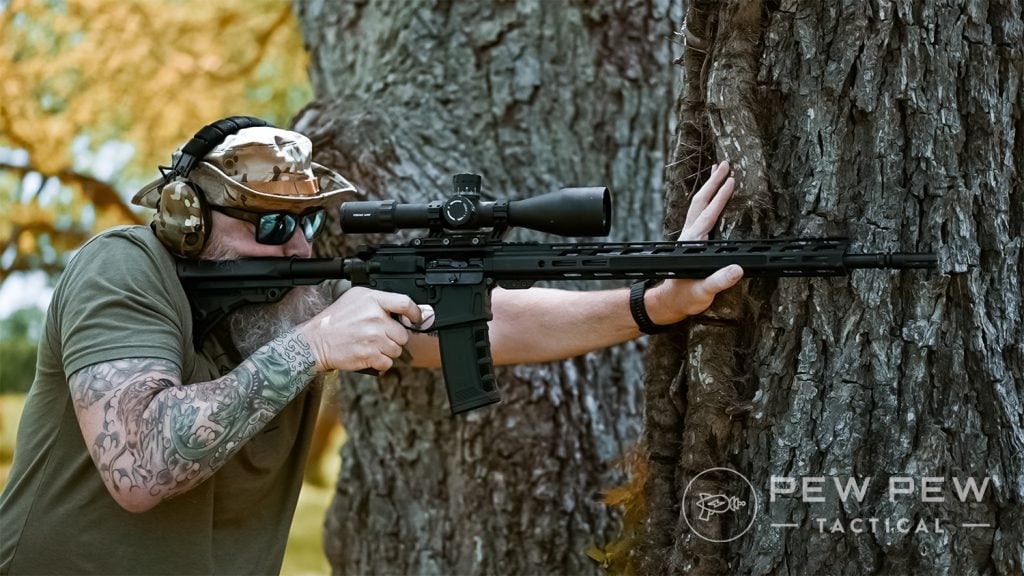
“The Court agrees with the Individual Plaintiffs that the Second Amendment includes the right to acquire firearms and, therefore, protects the Individual Plaintiffs’ proposed conduct,” he added. “The Court has found that the Individual Plaintiffs’ proposed course of conduct, purchasing firearms for self-defense in the home, is covered by the plain text of the Second Amendment.”
RMGO said they were thrilled with the Preliminary Injunction but don’t intend to stop the fight.
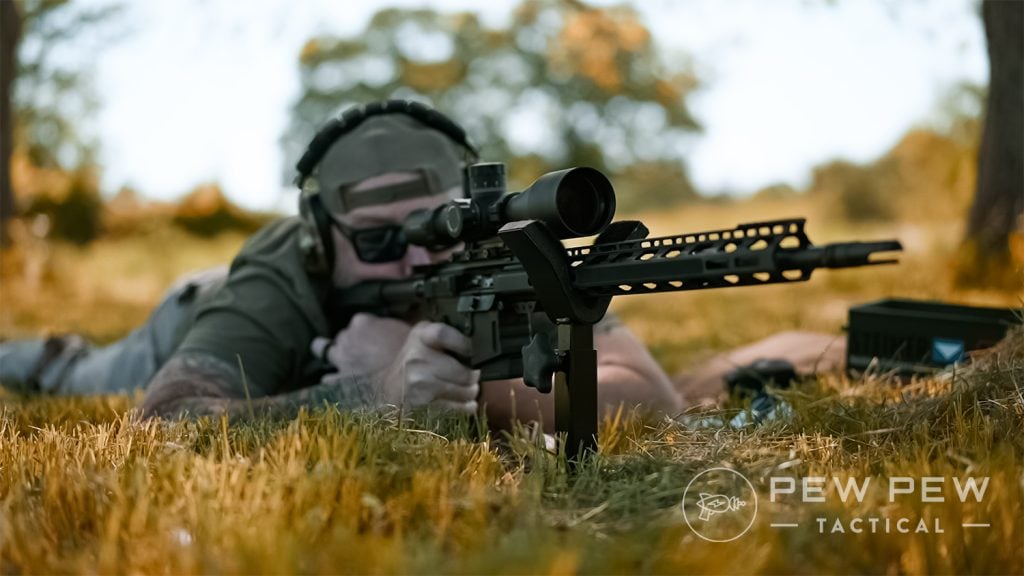
“Since the day this legislation was introduced, we knew it was unconstitutional,” Taylor Rhodes, Executive Director of RMGO, said in a statement. “Under the Golden Dome, at the unveiling of this proposal, RMGO warned the bill sponsors this would quickly be struck down by a federal judge.”
“Today, our crystal ball became a reality. But it doesn’t stop here. We won’t stop fighting until every single unconstitutional anti-gun law is struck down.”
Hawaii Can’t Enforce “Gun-Free” Zones, Judge Says
A federal judge out of Hawaii sided with pro-gun advocates this week, placing a temporary restraining order on Hawaii’s “gun-free” zones.
The state recently banned firearms in several locations, including beaches, banks, bars, and parks, but U.S. District Judge Leslie Kobayashi in Honolulu said the ban violates the Second Amendment.
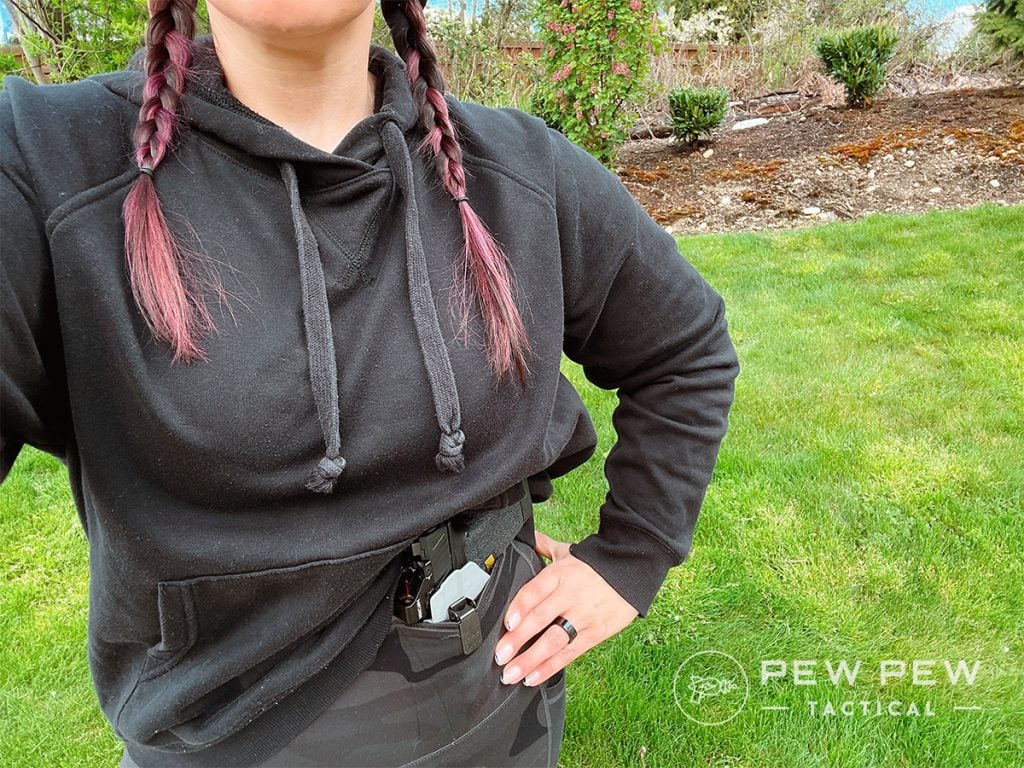
Hawaii’s legislature attempted to tighten gun restrictions after the U.S. Supreme Court’s decision in the Bruen case. Citing the need to deter gun violence, lawmakers passed a bill to prevent guns in “sensitive places.” Governor Josh Green (D) signed the measure into law in June.
But it was immediately met with a lawsuit backed by the Hawaii Firearms Coalition.
Kobayashi sided with the gun rights group in a 91-page order, saying that the state “does not provide any evidence that this nation has a historical tradition of regulating or prohibiting the carrying of firearms on beaches.”
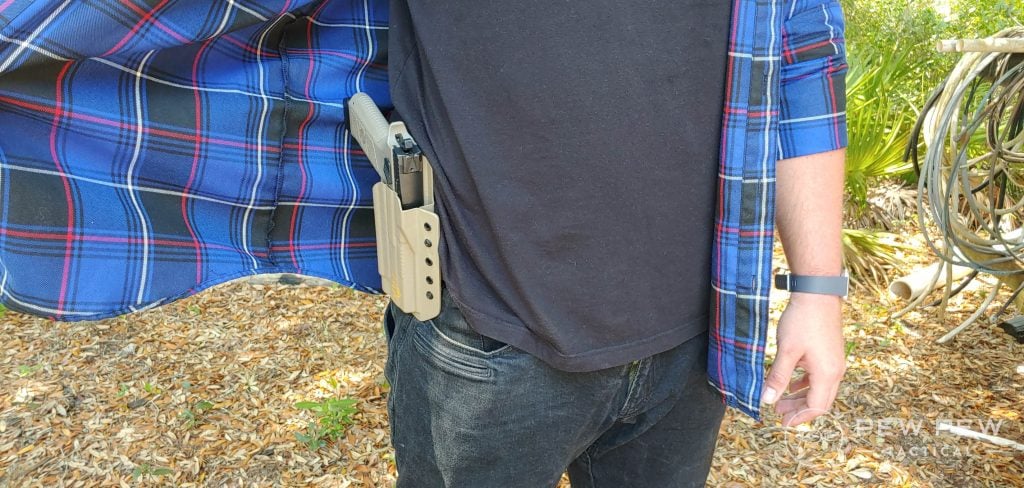
Hawaii Firearms Coalition called the ruling “momentous” and said they are pleased about this victory.
“This decision bears considerable implications for the current legal landscape surrounding certain aspects of the sensitive pales law,” Hawaii Firearms Coalition said in a statement. “At least for the foreseeable future, these specific components of the law cannot be enforced under state jurisdiction.”
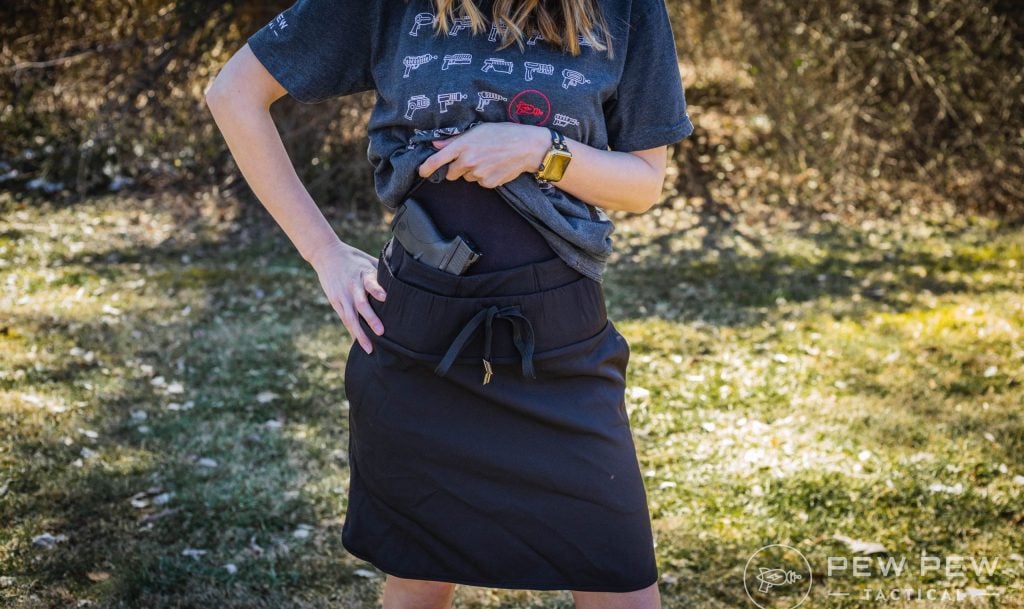
The organization did note, though, that the ruling only applies at the state level and that Honolulu and Hawaii counties can maintain their own ordinances.
Hawaii Firearms Coalition advises that Oadu or Hawaii Island residents continue to abide by the sensitive places law for now while the group continues the fight.

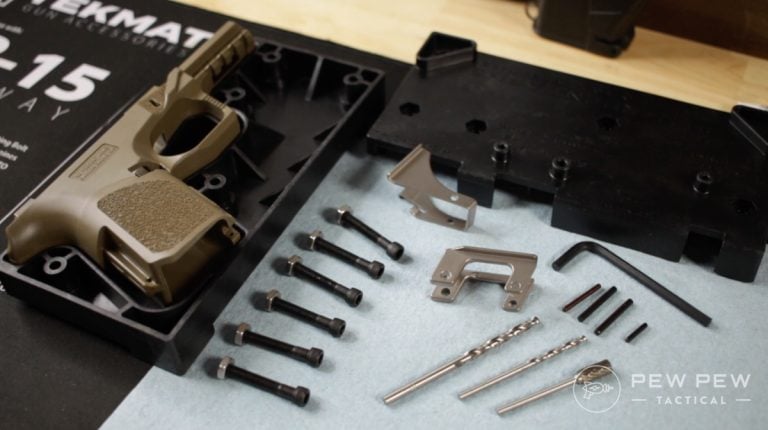




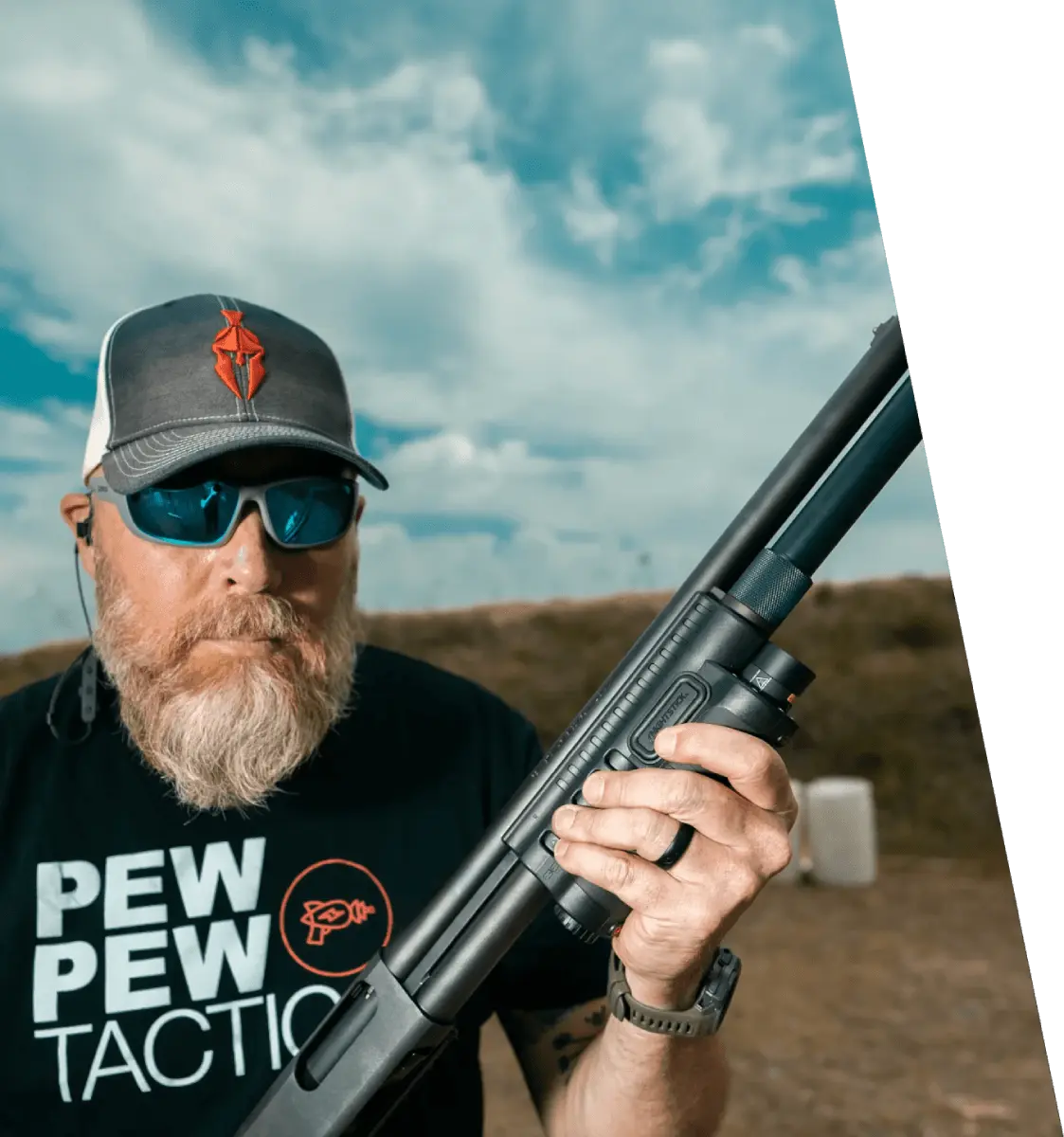

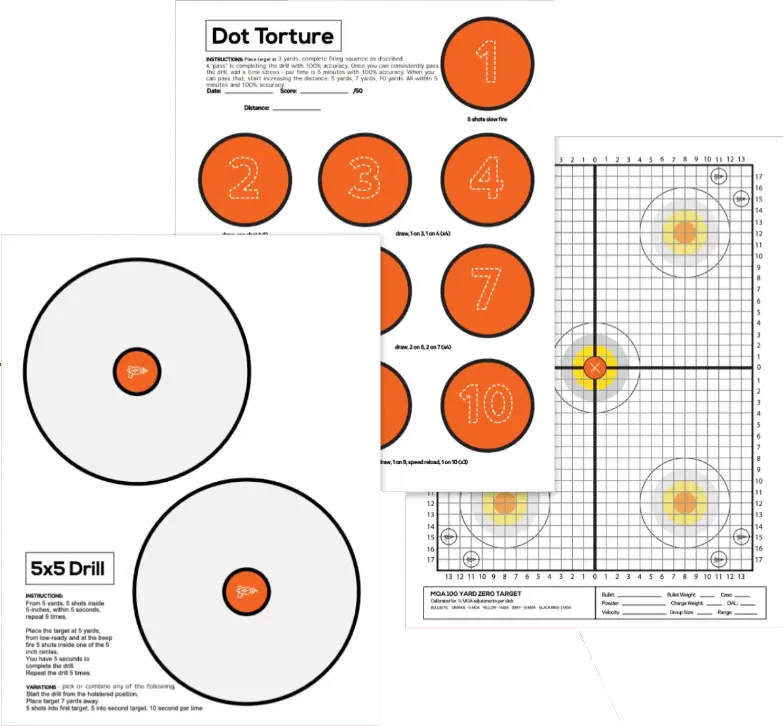
Leave a Reply